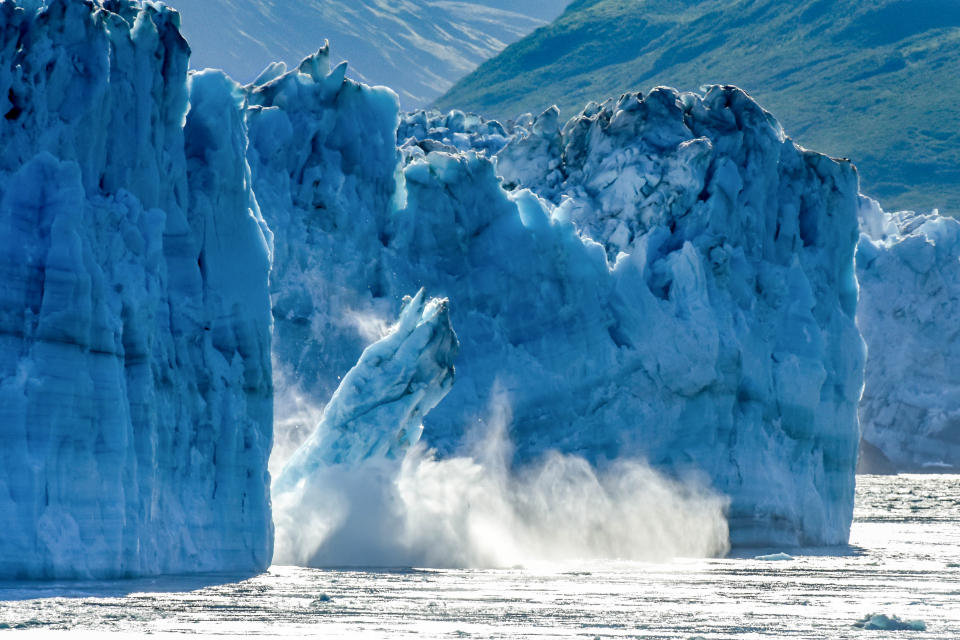Meat-free diets ‘can be worse for the environment’

Vegetarians who imagine they’re doing their bit for climate change by ditching burgers and steaks may be doing more harm than good, a study has suggested.
Researchers found that avoiding meat but eating large amounts of dairy such as cheese and milk is worse for the environment than moderate meat consumption.
This is due to the greenhouse gas emissions caused by raising dairy cows for milk, butter and cheese, a process that also consumes vast amounts of land and energy.
Diets including one portion of meat a day alongside plenty of vegetables and pulses were found to have less of a carbon footprint than vegetarian diets including milk and eggs in 95% of countries analysed.
Read More
Being vegetarian or vegan ‘decreases risk of heart disease’
Feeling ‘hangry’ is a real thing, scientists discover
Do glucose levels have an effect on your mood? Science has the answer
Feeling hangry? Bite into these 15 superfood snacks
Our system of producing food already accounts for between 25-30% of greenhouse gases, the Creating a Sustainable Food Future report warned.
Diets that contain insects, small fish and molluscs, meanwhile, have as similarly small an environmental impact as plant-based vegan diets but are generally more nutritious, said researchers at the Johns Hopkins Center for a Liveable Future.
They calculated greenhouse gas emissions and freshwater use for nine different diets - ranging from one meatless day a week and no red meat, to pescatarian and vegan - in 140 countries.

Many climate activists and scientists have called for a shift to plant-based diets to keep climate change in check and reduce deforestation, since producing red meat requires a lot of land for grazing and growing feed.
Agriculture, forestry and other land use activities accounted for nearly a quarter of man-made greenhouse gas emissions from 2007-2016, the U.N. climate science panel said in a flagship report last month.
But there is no one-size-fits-all solution, said Keeve Nachman, assistant professor at the Baltimore-based Johns Hopkins Bloomberg School of Public Health, who led the study on diets.
On average, producing a serving of beef emits 316 times more greenhouse gases - including methane - than pulses, 115 times more than nuts, and 40 times more than soy, the report added.
According to the World Resources Institute, a U.S.-based think-tank, diners in North and South America, Europe and the former Soviet Union make up only a quarter of the global population but ate more than half of the world's meat from ruminants - such as cattle, sheep and goats - in 2010.


